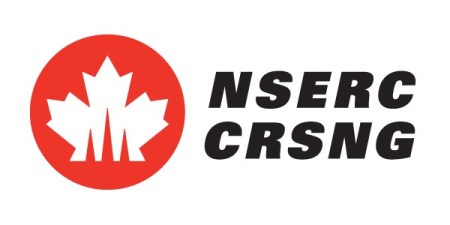
Bioaerosols are defined by airborne particles of biological origin. They are found everywhere, emitted from natural and man-made sources such as agriculture, water, plants and industrial activities. Humans, through many of their activities, have been selecting and amplifying bacteria that carry genes for antibiotic resistance. Bioaerosols are understudied as reservoirs and propagation sources of antibiotic resistant microbes. Air can lead to long-distance transmission of biological agents and potential impact of human activities on spreading of antimicrobial resistance through the air must be better understood in order to fill appropriate risk and prevention models. Urban and rural bioaerosols using automotive air conditioning filters sampling will be used to survey and map Canada’s air contamination in various sites. Outdoor bioaerosol emission from agricultural buildings and activities, urban wastewater management and health care activities will be studied. Long-distance transport (Northern Canada) and high atmosphere antimicrobial resistance content will be addressed. The proposed project will fill huge gaps in the understanding of the spreading and exposure of antimicrobial resistance through bioaerosols in Canada.
Caroline Duchaine IUCPQ Université Laval
Thierry Badard Université Laval
Michel G Bergeron Université Laval
Steve Charette Université Laval
Jacques Corbeil Université Laval
Alexander Culley Université Laval
Marie-Lou Gaucher Université de Montréal
Stéphane Godbout Université Laval
Shelley Kirychuk University of Saskatchewan
Scott Alexander McEwen University of Guelph
Edward Topp University of Western Ontario
